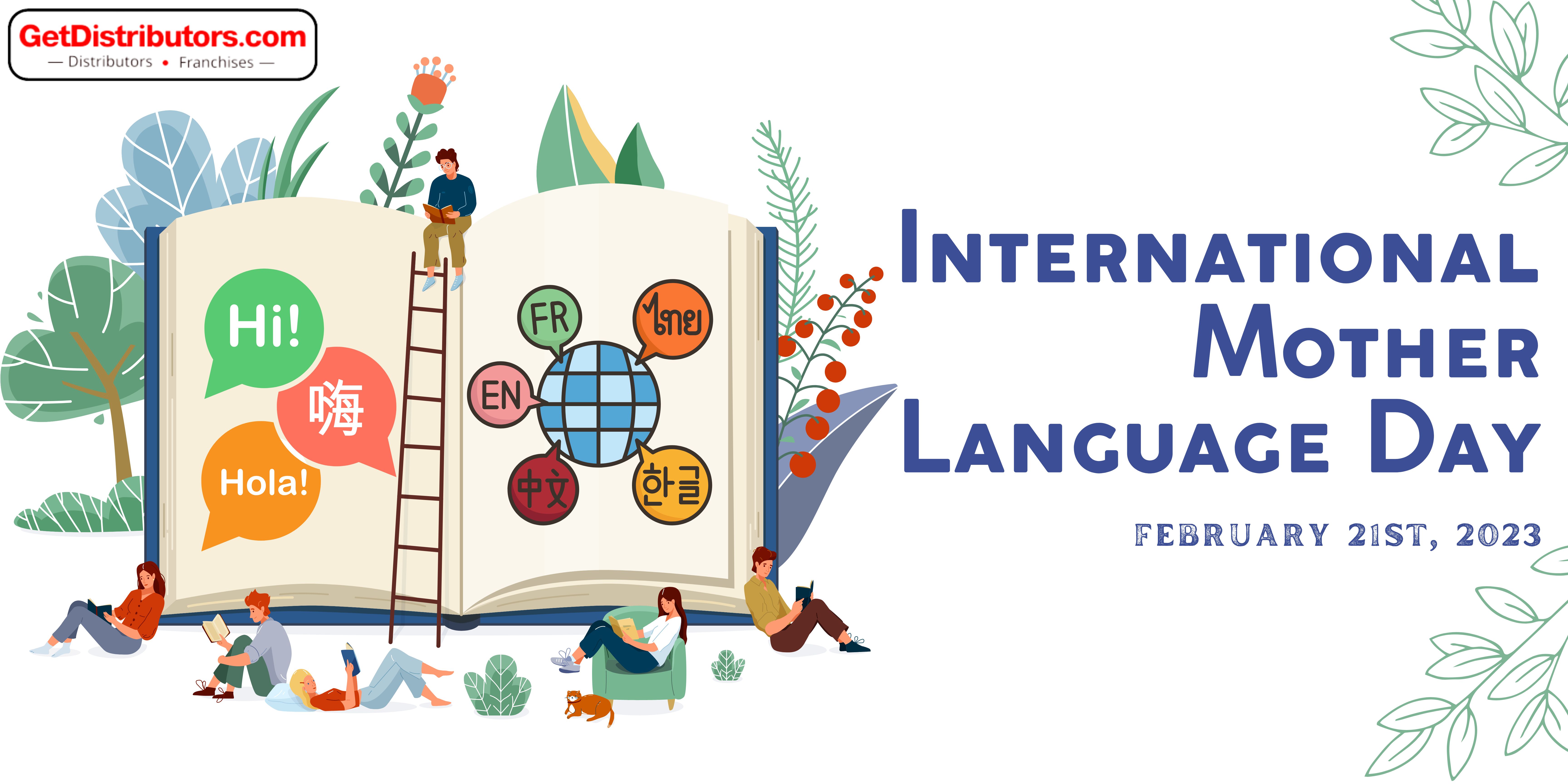International Mother Language Day 2023
International Mother Language Day is celebrated annually on February 21st to promote linguistic and cultural diversity and multilingualism. The day was first observed by the United Nations Educational, Scientific and Cultural Organization (UNESCO) in 2000 to commemorate the Language Movement Day of 1952, when students in Bangladesh protested for their right to speak their mother tongue, Bengali.
On this day, people around the world celebrate their mother tongue or native language and promote the importance of preserving and promoting linguistic diversity. This year, on February 21st, 2023, people will once again celebrate International Mother Language Day through various events and activities that highlight the significance of language and cultural diversity.
Some of the activities that may take place include language workshops, storytelling sessions, poetry recitals, debates, cultural performances, and conferences. The theme for International Mother Language Day 2023 has not yet been announced by UNESCO, but it is expected to be centered around the preservation and promotion of linguistic and cultural diversity.
Overall, International Mother Language Day serves as a reminder of the importance of multilingualism, cultural identity, and the power of language in connecting people and communities around the world.
What is UNESCO?
The United Nations Educational, Scientific and Cultural Organization (UNESCO) is a specialized agency of the United Nations (UN) that aims to promote international collaboration in education, science, and culture. UNESCO was founded in 1945 with the goal of building peace through the exchange of knowledge and ideas.
UNESCO works to promote education for all, protect cultural heritage sites, and advance scientific research and innovation. The organization also supports the development of media and information literacy, promotes freedom of expression, and advocates for gender equality in education and beyond.
UNESCO is responsible for a number of important programs and initiatives, including the World Heritage Sites program, which identifies and protects culturally and historically significant sites around the world, and the International Literacy Day, which raises awareness about the importance of literacy and the need for greater access to education.
Overall, UNESCO plays an important role in promoting international cooperation in the fields of education, science, and culture, and works to improve the lives of people around the world through its various initiatives and programs.
How to promote linguistic and cultural diversity and multilingualism?
There are several ways to promote linguistic and cultural diversity and multilingualism, including:
-
Encourage language learning: Encourage people to learn and use more than one language. This can be done through language classes, language exchange programs, and language immersion experiences.
-
Celebrate cultural diversity: Celebrate cultural diversity through cultural events, festivals, and art exhibits. This helps to promote understanding and appreciation for different cultures and languages.
-
Support bilingual education: Bilingual education programs can help promote multilingualism by teaching students in two or more languages.
-
Preserve endangered languages: Help to preserve endangered languages by recording and documenting them, and supporting language revitalization efforts.
-
Promote language access: Promote language access by providing language interpretation and translation services in various settings, such as in education, healthcare, and legal services.
-
Support multilingual media: Support multilingual media by creating and promoting media content in various languages, such as news, radio, and television programs.
-
Foster language exchange: Encourage language exchange and language learning through online platforms and social media.
Overall, promoting linguistic and cultural diversity and multilingualism requires a concerted effort from individuals, organizations, and governments. By recognizing the value of multilingualism and cultural diversity, and actively working to promote it, we can help to build a more inclusive and interconnected world.
Role of UNESCO to promote Linguistic and Cultural Diversity and multilingualism
UNESCO plays an important role in promoting linguistic and cultural diversity and multilingualism around the world. The organization recognizes the value of cultural and linguistic diversity in promoting mutual understanding and respect, and in promoting peace and sustainable development.
Some of the specific ways UNESCO promotes linguistic and cultural diversity and multilingualism include:
-
Raising awareness: UNESCO raises awareness about the importance of linguistic and cultural diversity through campaigns, initiatives, and publications. For example, International Mother Language Day is celebrated annually on February 21st to promote linguistic and cultural diversity and multilingualism.
-
Supporting language preservation and revitalization: UNESCO supports efforts to preserve and revitalize endangered languages through research, documentation, and community-based initiatives.
-
Promoting multilingual education: UNESCO promotes multilingual education as a means of promoting linguistic and cultural diversity and multilingualism. The organization supports the development of educational materials in multiple languages, and advocates for the use of local languages in education.
-
Protecting cultural heritage: UNESCO works to protect cultural heritage sites and practices around the world, recognizing their importance in preserving cultural and linguistic diversity.
-
Supporting linguistic and cultural exchange: UNESCO supports linguistic and cultural exchange through programs such as the International Year of Indigenous Languages and the Creative Cities Network, which encourage the sharing of knowledge and ideas across cultures.
Overall, UNESCO plays a critical role in promoting linguistic and cultural diversity and multilingualism around the world, and works to build a more inclusive and harmonious global community through the recognition and celebration of diverse languages and cultures.






